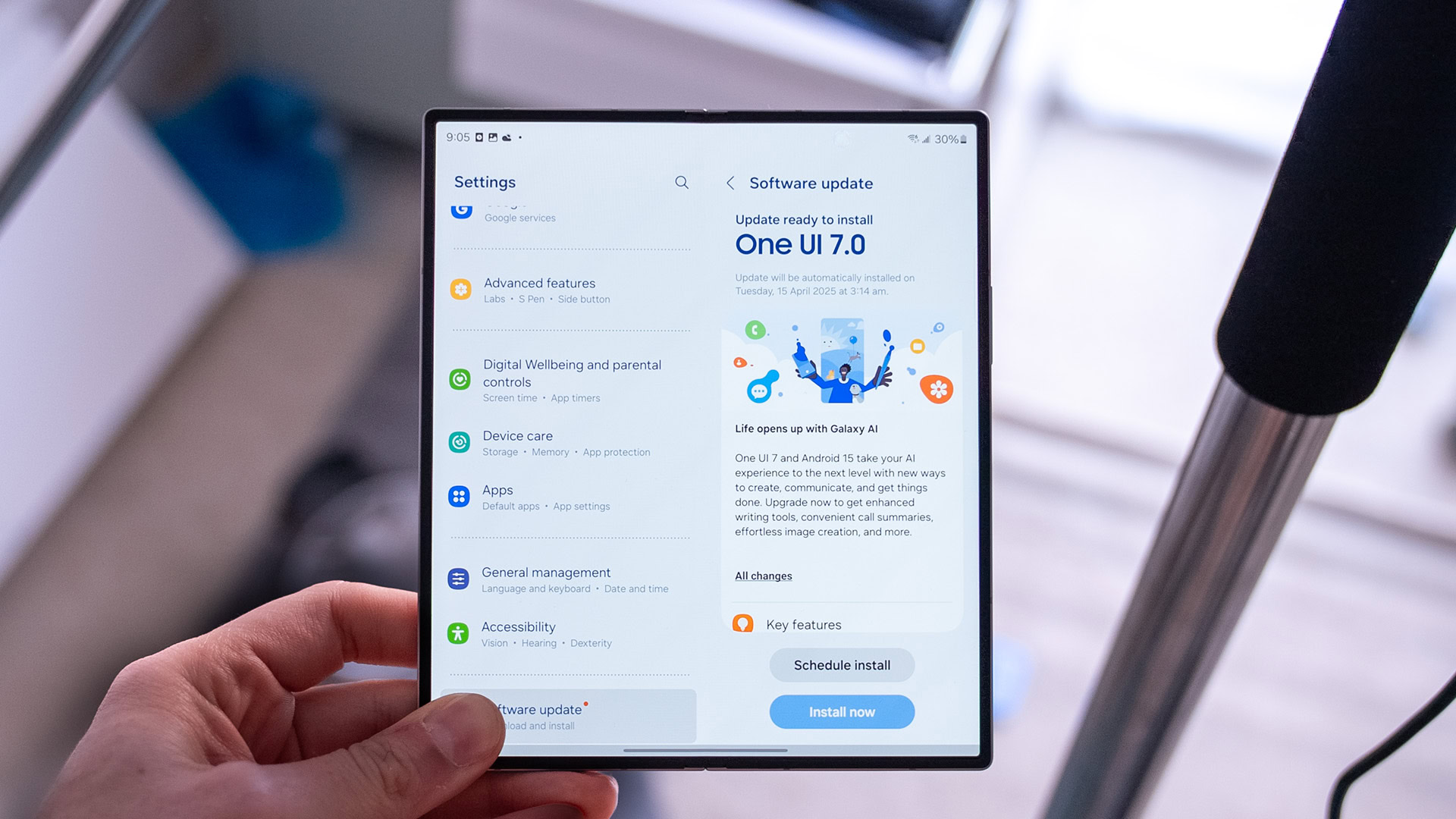The EFF's 'Certbot' Now Supports Six-Day Certs
10 years ago "certificate authorities normally issued certificate lifetimes lasting a year or more," remembers a new blog post Thursday by the EFF's engineering director. So in 2015 when the free cert authority Let's Encrypt first started issuing 90-day TLS certificates for websites, "it was considered a bold move, that helped push the ecosystem towards shorter certificate life times." And then this January Let's Encrypt announced new six-day certificates... This week saw a related announcement from the EFF engineering director. More than 31 million web sites maintain their HTTPS certificates using the EFF's Certbot tool (which automatically fetches free HTTPS certificates forever) — and Certbot is now supporting Let's Encrypt's six-day certificates. (It's accomplished through ACME profiles with dynamic renewal at 1/3rd of lifetime left or 1/2 of lifetime left, if the lifetime is shorter than 10 days): There is debate on how short these lifetimes should be, but with ACME profiles you can have the default or "classic" Let's Encrypt experience (90 days) or start actively using other profile types through Certbot with the --preferred-profile and --required-profile flags. For six day certificates, you can choose the "shortlived" profile. Why shorter lifetimes are better (according to the EFF's engineering director): If a certificate's private key is compromised, that compromise can't last as long. With shorter life spans for the certificates, automation is encouraged. Which facilitates robust security of web servers. Certificate revocation is historically flaky. Lifetimes 10 days and under prevent the need to invoke the revocation process and deal with continued usage of a compromised key. Read more of this story at Slashdot.

Read more of this story at Slashdot.






![‘Samsung Auto’ is an Android Auto alternative for Galaxy phones you can’t use [Gallery]](https://i0.wp.com/9to5google.com/wp-content/uploads/sites/4/2025/04/samsung-auto-12.jpg?resize=1200%2C628&quality=82&strip=all&ssl=1)


























































































































